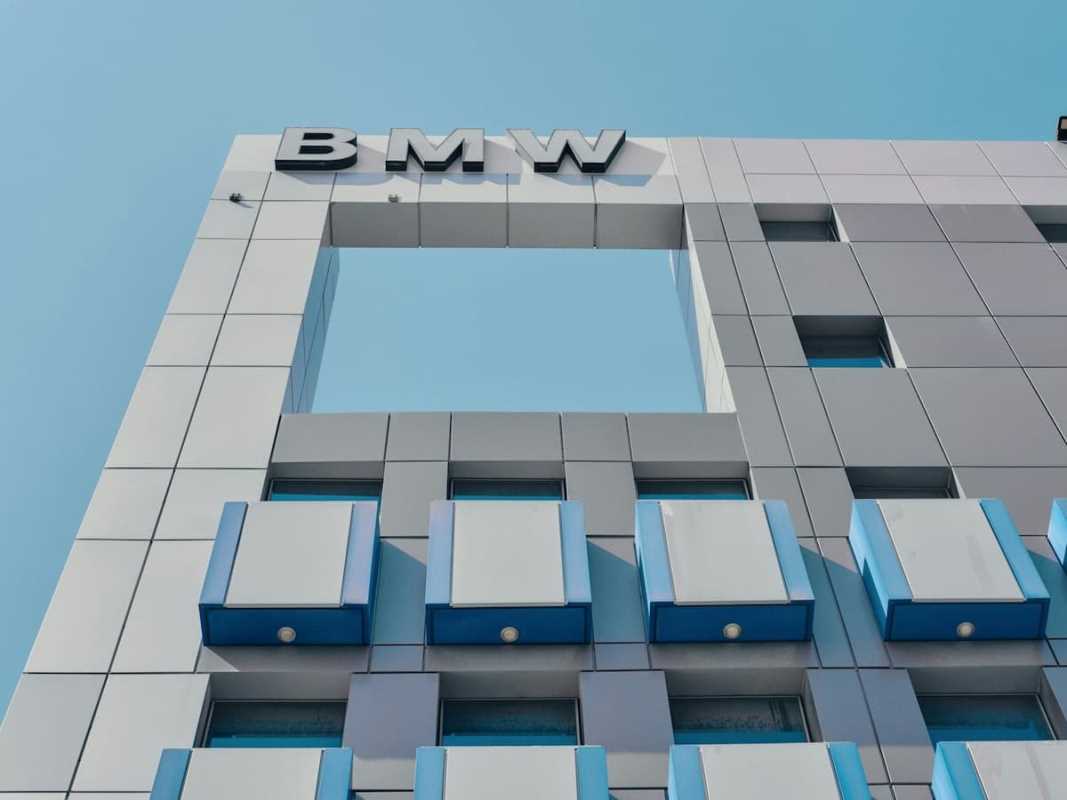Lobbying plays a significant role in how industries, including the automotive sector, influence government policies and regulations. Automakers have long recognized the importance of lobbying to protect their interests, secure favorable policies, and stay ahead of the competition. Some of the biggest names in the auto industry invest millions of dollars each year to ensure their voices are heard in the corridors of power. Here’s a look at some of the top auto companies that are serious about lobbying.
1. General Motors
General Motors (GM) has a longstanding presence in the lobbying world. As one of the largest automakers in the United States, GM spends substantial amounts on lobbying to ensure that its interests are well-represented. Whether it's advocating for favorable trade policies or pushing for regulations that benefit electric vehicles, GM's lobbying efforts are wide-ranging. Their commitment to influencing policy is a testament to their desire to remain a dominant force in the industry.
Stats at a Glance:
- Yearly Lobbying Spend: Over $8 million
- Major Focus: Trade policies, electric vehicle incentives
2. Ford Motor Company
Ford is another major player in the auto industry that doesn't shy away from lobbying. With a history that dates back over a century, Ford has consistently invested in lobbying to maintain its competitive edge. The company’s lobbying efforts focus on a variety of issues, including emissions standards, trade agreements, and autonomous vehicle regulations. Ford’s proactive approach to lobbying helps them navigate the complex regulatory environment in the U.S.
Stats at a Glance:
- Yearly Lobbying Spend: Approximately $7 million
- Major Focus: Emissions standards, autonomous vehicles
3. Toyota Motor Corporation
Toyota, the Japanese automotive giant, is heavily invested in lobbying activities in the United States. Despite being a foreign company, Toyota has a significant presence in the U.S. market and thus, takes its lobbying efforts seriously. Toyota’s lobbying focuses on issues like trade policies, fuel efficiency standards, and hybrid vehicle incentives. The company’s lobbying strategy is crucial in ensuring that its interests are protected in one of its largest markets.
Stats at a Glance:
- Yearly Lobbying Spend: Around $6 million
- Major Focus: Fuel efficiency, hybrid vehicle incentives
4. Volkswagen Group
Volkswagen (VW) has faced its fair share of challenges in recent years, particularly with the emissions scandal that shook the company. As a result, VW has ramped up its lobbying efforts to navigate regulatory scrutiny and to promote its electric vehicle initiatives. The company’s lobbying focuses on emissions regulations, trade policies, and promoting electric vehicles. VW’s significant investment in lobbying is part of its broader strategy to rebuild its reputation and adapt to the changing automotive landscape.
Stats at a Glance:
- Yearly Lobbying Spend: Nearly $5 million
- Major Focus: Emissions regulations, electric vehicles
5. Daimler AG
Daimler, the parent company of Mercedes-Benz, is another automaker that heavily invests in lobbying. The company’s lobbying efforts are geared towards influencing regulations that impact luxury vehicles, emissions standards, and the future of autonomous driving. Daimler’s substantial lobbying budget reflects its commitment to maintaining its position as a leader in the premium automotive segment.
Stats at a Glance:
- Yearly Lobbying Spend: About $4.5 million
- Major Focus: Luxury vehicle regulations, autonomous driving
6. Honda Motor Co.
Honda is well-known for its reliable vehicles and strong market presence, particularly in the U.S. To safeguard its interests, Honda engages in significant lobbying activities. The company focuses on issues such as trade policies, fuel efficiency standards, and the promotion of hydrogen fuel cell technology. Honda’s lobbying efforts ensure that it remains competitive in a market that is constantly evolving.
Stats at a Glance:
- Yearly Lobbying Spend: Approximately $4 million
- Major Focus: Trade policies, fuel efficiency
7. Nissan Motor Co.
Nissan, like many of its competitors, recognizes the importance of lobbying in shaping the automotive industry’s future. The company invests in lobbying efforts related to emissions standards, trade policies, and electric vehicle incentives. Nissan’s commitment to lobbying is part of its broader strategy to expand its presence in the global automotive market, particularly in the electric vehicle segment.
Stats at a Glance:
- Yearly Lobbying Spend: Around $3.5 million
- Major Focus: Emissions standards, electric vehicle incentives
8. Fiat Chrysler Automobiles (Stellantis)
Fiat Chrysler Automobiles (FCA), now part of Stellantis, has a robust lobbying presence in the U.S. The company’s lobbying efforts focus on issues like emissions regulations, trade policies, and the promotion of its Jeep and RAM brands. FCA’s investment in lobbying is a strategic move to ensure that it can continue to thrive in a competitive and heavily regulated industry.
Stats at a Glance:
- Yearly Lobbying Spend: Over $3 million
- Major Focus: Emissions regulations, brand promotion
9. Hyundai Motor Company
Hyundai, a South Korean automotive giant, is increasingly investing in lobbying as it seeks to expand its global footprint. The company’s lobbying efforts are focused on issues such as trade policies, emissions standards, and electric vehicle technology. Hyundai’s growing lobbying budget reflects its ambition to be a major player in the future of the automotive industry, particularly in the areas of sustainability and innovation.
Stats at a Glance:
- Yearly Lobbying Spend: Around $3 million
- Major Focus: Trade policies, electric vehicle technology
10. BMW Group
BMW, known for its luxury vehicles, also plays a significant role in lobbying. The company focuses its lobbying efforts on regulations that impact the luxury car market, emissions standards, and the development of electric vehicles. BMW’s commitment to lobbying ensures that it can navigate the challenges of the automotive industry while continuing to deliver premium vehicles to its customers.
Stats at a Glance:
- Yearly Lobbying Spend: Approximately $2.5 million
- Major Focus: Luxury vehicle regulations, electric vehicles
These automotive giants understand that lobbying is a critical part of their strategy to influence regulations and policies that affect their industry. By investing millions of dollars in lobbying efforts, these companies ensure that their interests are represented and that they can continue to thrive in a competitive and ever-changing market.







